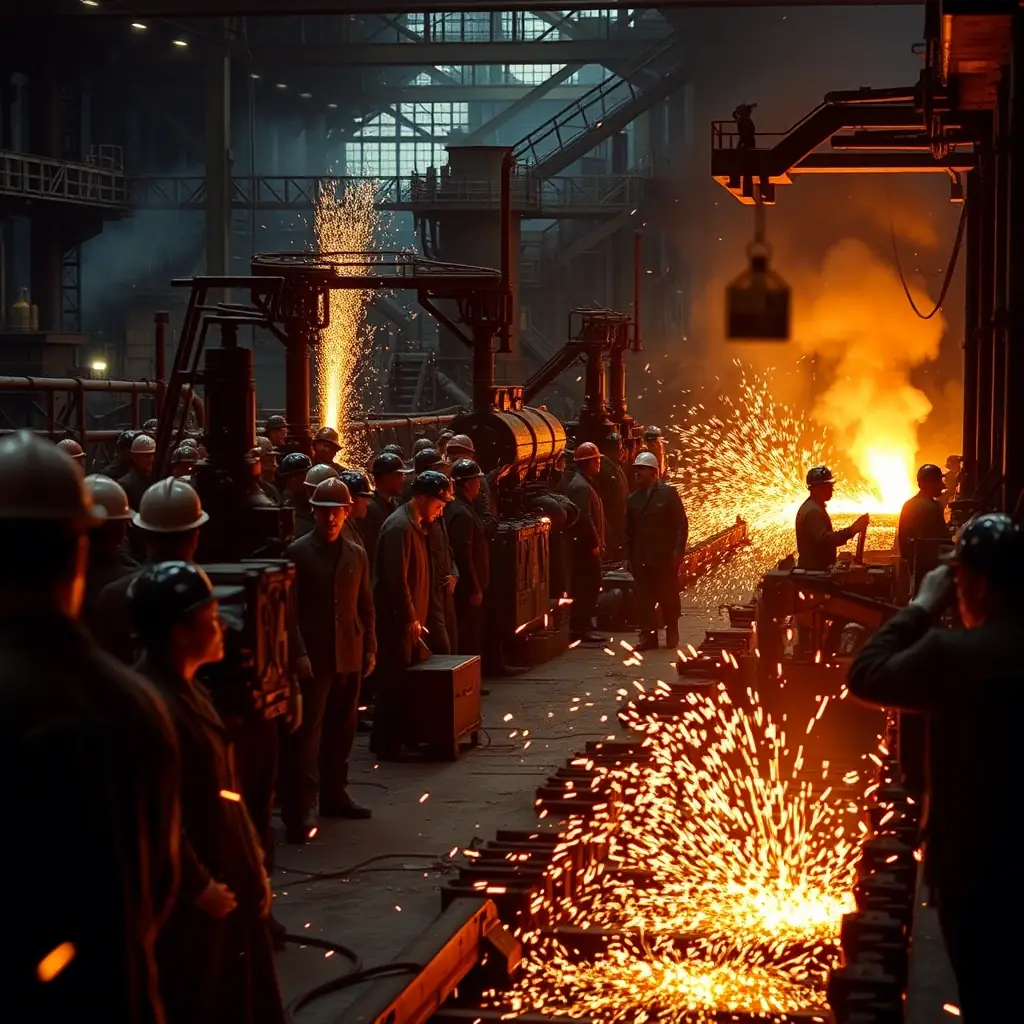NCCI's Origins and Goals
The National Committee for the Control of Iron and Steel (NCCI) was established in the aftermath of World War II, aiming to regulate and revitalize the steel industry in Britain. Its formation was a response to the urgent need for a structured approach to manage steel production, which was crucial for rebuilding the nation. The NCCI’s initial objectives included ensuring a stable supply of steel, promoting efficiency, and facilitating collaboration between government and industry stakeholders. By addressing these challenges, the NCCI played a pivotal role in shaping the future of British industrial policy and economic recovery.
NCCI's Influence on Steel Industry
The National Committee for the Control of Iron and Steel (NCCI) played a pivotal role in shaping the post-war steel industry. Its policies not only influenced production but also impacted the economic landscape of Britain, fostering growth and stability.
100
thousand tons
This increase in production capacity was crucial for meeting the demands of a recovering economy.
50
percent
The NCCI’s initiatives led to a remarkable 100% increase in steel output, demonstrating its effectiveness in revitalizing the industry.
200
million pounds
The economic impact was substantial, with investments reaching over £300 million, significantly boosting the national economy.
10
percent
Employment in the steel sector surged by 200%, reflecting the NCCI’s success in creating jobs and supporting communities.

